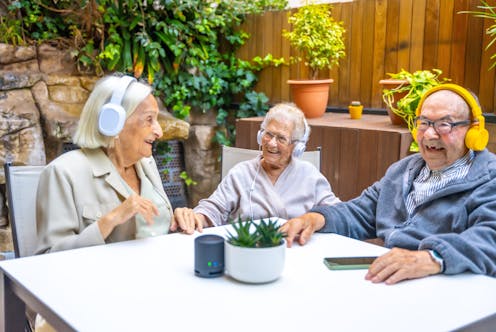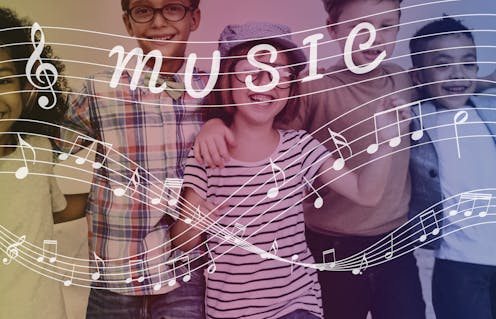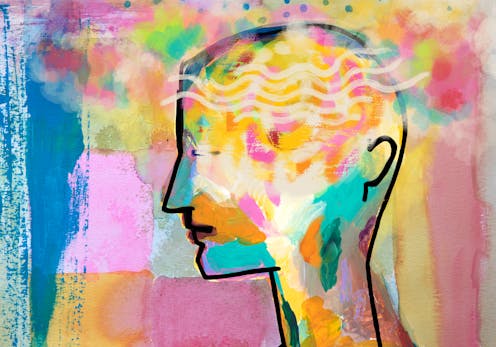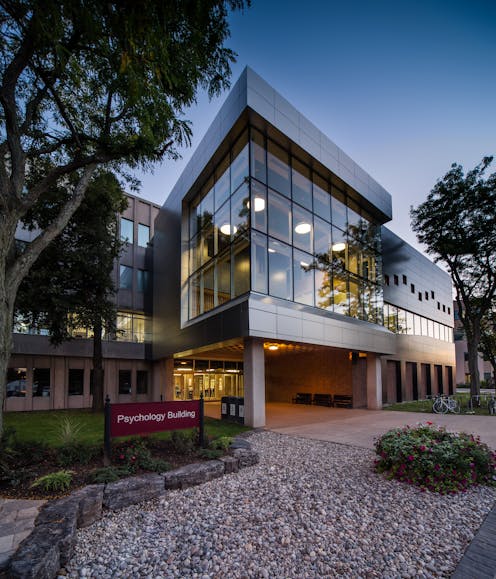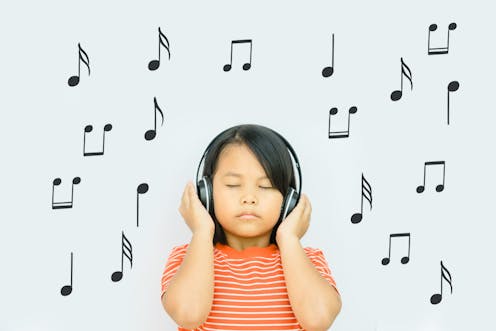Music improvisation therapy is a form of expressive therapy that utilizes music as a means of promoting emotional and psychological healing. It involves spontaneous musical creation and exploration, allowing individuals to express themselves in a non-verbal and non-linear manner. Through improvisation, individuals are able to tap into their emotions, thoughts, and experiences, and communicate them through the medium of music. This form of therapy can be particularly beneficial for individuals who struggle with verbal expression or have difficulty accessing and processing their emotions.
In music improvisation therapy, the focus is not on technical skill or musical proficiency, but rather on the process of self-expression and emotional release. Participants are encouraged to explore different sounds, rhythms, and melodies, and to allow their emotions to guide their musical creations. This process can be incredibly liberating and empowering, as it allows individuals to connect with their innermost feelings and express them in a safe and supportive environment. Music improvisation therapy can be conducted in individual or group settings, and can be tailored to meet the specific needs and goals of each participant.
The Role of Music in Expressing Emotions
Music has long been recognized as a powerful tool for expressing emotions. Whether it’s the haunting melody of a sad song or the upbeat rhythm of a joyful tune, music has the ability to evoke and convey a wide range of emotions. This is why music improvisation therapy can be so effective in helping individuals express and process their feelings. Through improvisation, individuals are able to create music that reflects their emotional state, allowing them to externalize and explore their inner world.
The act of creating music can also be deeply cathartic, providing individuals with a means of releasing pent-up emotions and finding a sense of relief and release. In addition, music has the ability to bypass the cognitive mind and directly access the emotional centers of the brain, making it a particularly effective tool for emotional expression. Whether it’s through the use of specific musical elements such as tempo, dynamics, or harmony, or through the act of simply playing or singing from the heart, music has the power to convey and communicate emotions in a way that words alone cannot.
Overcoming Communication Barriers Through Musical Expression
For many individuals, verbal communication can be a challenge. This may be due to a variety of factors, such as developmental disabilities, trauma, or social anxiety. Music improvisation therapy offers a unique opportunity for individuals to overcome these communication barriers and express themselves in a non-verbal manner. Through the use of musical instruments, voice, and sound, individuals are able to communicate their thoughts, feelings, and experiences without the need for words.
In addition to providing an alternative means of expression, music improvisation therapy can also help individuals develop their communication skills. By engaging in musical dialogue with others, participants can learn to listen, respond, and collaborate in a non-verbal manner. This can be particularly beneficial for individuals who struggle with social interaction or have difficulty connecting with others. Through musical expression, individuals can find new ways to connect and communicate with those around them, fostering a sense of connection and understanding.
Building Confidence and Self-Esteem Through Improvisation
Music improvisation therapy can be a powerful tool for building confidence and self-esteem. As individuals engage in spontaneous musical creation and exploration, they are able to tap into their creativity and express themselves in a unique and authentic way. This process can be incredibly empowering, as it allows individuals to discover their own voice and develop a sense of agency and self-worth.
In addition to providing a platform for self-expression, music improvisation therapy can also help individuals develop important life skills such as problem-solving, decision-making, and risk-taking. By engaging in spontaneous musical creation, individuals learn to trust their instincts, take creative risks, and embrace the unknown. This can translate into increased confidence and resilience in other areas of life, as individuals learn to approach challenges with a sense of creativity and adaptability.
Exploring Personal Identity Through Musical Creativity
Music improvisation therapy provides individuals with an opportunity to explore and define their personal identity through musical creativity. By engaging in spontaneous musical creation and exploration, individuals are able to tap into their unique thoughts, feelings, and experiences, and express them through the medium of music. This process can be incredibly liberating and empowering, as it allows individuals to connect with their innermost selves and express their authentic voice.
Through musical creativity, individuals can also explore different aspects of their identity, such as cultural heritage, personal values, and life experiences. By incorporating elements of their own musical heritage or drawing inspiration from their own life story, individuals can create music that reflects their personal identity in a meaningful and authentic way. This process can be particularly beneficial for individuals who are seeking to understand themselves more deeply or who are exploring questions of identity and belonging.
Connecting with Others Through Collaborative Improvisation
Music improvisation therapy offers a unique opportunity for individuals to connect with others through collaborative improvisation. By engaging in spontaneous musical creation with others, participants are able to engage in a musical dialogue, listen and respond to each other’s musical ideas, and create music together in real time. This process can be incredibly rewarding, as it allows individuals to connect with others in a non-verbal and non-linear manner.
Collaborative improvisation can also help individuals develop important social skills such as empathy, active listening, and cooperation. By engaging in musical dialogue with others, participants learn to communicate non-verbally, respond to each other’s emotional cues, and work together towards a common musical goal. This can be particularly beneficial for individuals who struggle with social interaction or have difficulty connecting with others. Through collaborative improvisation, individuals can find new ways to connect and communicate with those around them, fostering a sense of connection and understanding.
Incorporating Music Improvisation Therapy Into Your Self-Expression Journey
If you are interested in incorporating music improvisation therapy into your self-expression journey, there are a few things to consider. First, it’s important to find a qualified music therapist who specializes in improvisation therapy. A trained therapist can help guide you through the process of musical exploration and provide a safe and supportive environment for self-expression.
It’s also important to approach music improvisation therapy with an open mind and a willingness to explore new ways of expressing yourself. This may involve stepping outside of your comfort zone and embracing the unknown, but the rewards can be well worth it. By engaging in spontaneous musical creation and exploration, you may discover new aspects of yourself and find new ways to connect with others.
In conclusion, music improvisation therapy offers a unique opportunity for individuals to express themselves in a non-verbal and non-linear manner. Through spontaneous musical creation and exploration, individuals can tap into their emotions, connect with others, and explore their personal identity in a meaningful way. Whether you are looking to overcome communication barriers, build confidence and self-esteem, or simply explore new ways of expressing yourself, music improvisation therapy can be a powerful tool for personal growth and self-discovery.
Find out how Torongo Therapyplus can help you with your needs. Get in touch with us at smile@torongo.life, or call us on 02 8809 9965.


















